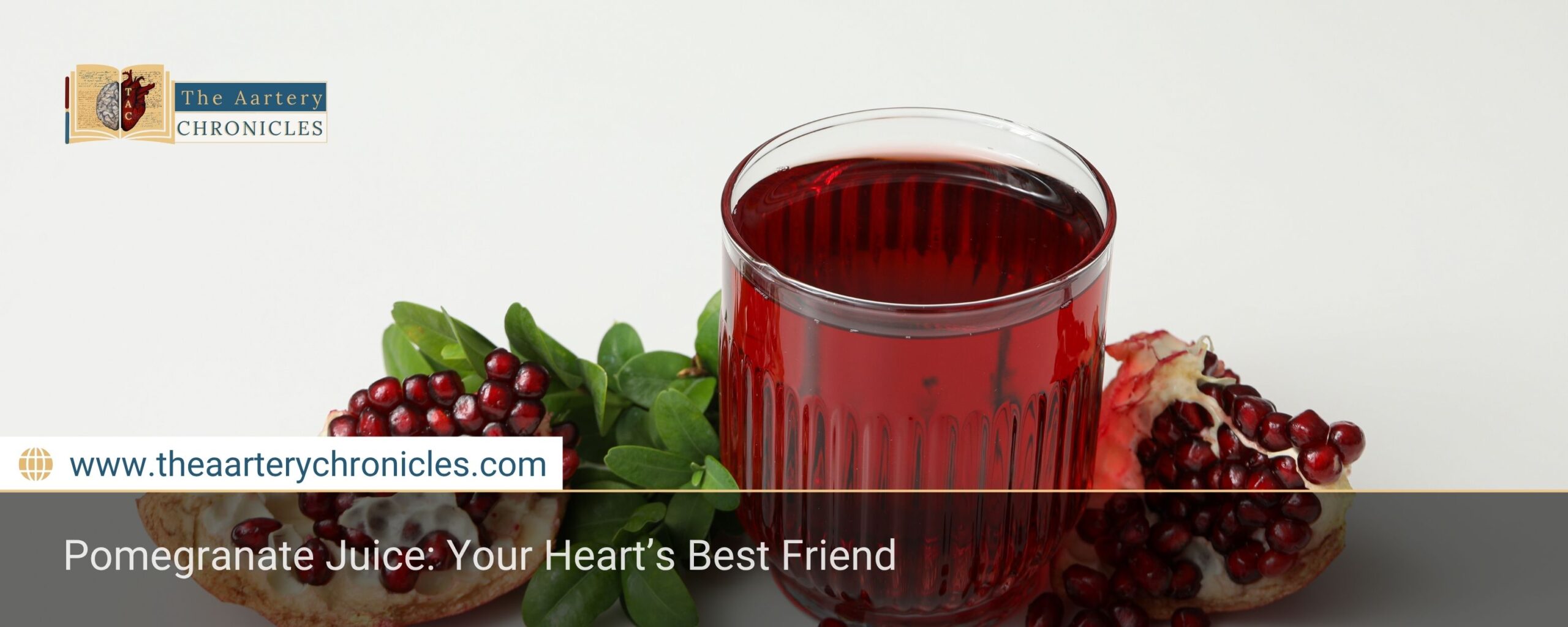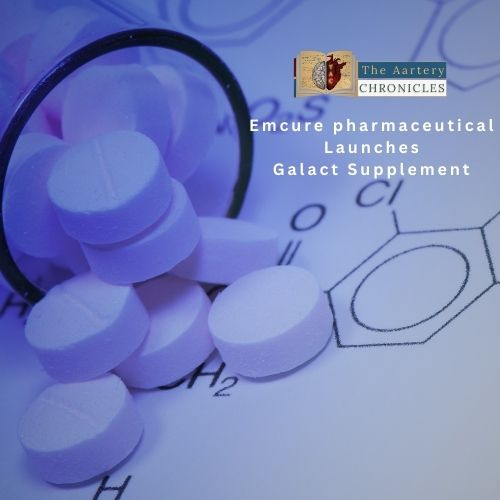

Pomegranate Juice: Your Heart’s Best Friend
Pomegranate juice is not just a tasty drink; it may also be a powerful way to protect your heart. Emerging research shows that adding pomegranate juice to your daily routine can aid in reducing artery blockage and improving heart health.
How Pomegranate Juice Helps
Pomegranate juice is rich in antioxidants, especially polyphenols, which help protect your body from damage by free radicals a major cause of artery blockage. These antioxidants reduce the oxidation of LDL (bad) cholesterol, thereby slowing down or even reversing the formation of plaque in the arteries.
Evidence from Research
A study by the Technion-Israel Institute of Technology found that participants who drank pomegranate juice daily for a year saw up to a 30% reduction in artery thickness due to plaque. This shows pomegranate juice can make a significant improvement in artery health and reduce the risk of heart attacks and stroke.
Additional Benefit: Lowering Blood Pressure
Furthermore, pomegranate juice was shown to lower systolic blood pressure by about 12%. This is crucial for reducing pressure on the heart and for retaining healthy artery walls. Some patients with heart disease who drink pomegranate juice daily for 3 months experience less stress-related reduced blood flow a condition called stress-induced ischemia reflecting improved heart functionality.
How It Works
Pomegranate juice stimulates the activity of protective enzymes and reduces the effects of oxidized LDL. It also inhibits ACE (angiotensin-converting enzyme), which helps ease pressure within the blood vessels, further strengthening heart health.
Other Health Benefits
- Reduction in artery blockage
- Lowering of blood pressure
- Improvement in heart functionality
- Better resistance to oxidative stress
Conclusion
While pomegranate juice offers numerous health benefits, it’s a good idea to talk to your doctor before adding it to your diet, especially if you are currently taking medication for high blood pressure or thinning your blood. This can help avoid any potential side effects or interactions with medications.
Source: Inputs from various media Sources

Priya Bairagi
Reviewed by Dr Aarti Nehra (MBBS, MMST)
I’m a pharmacist with a strong background in health sciences. I hold a BSc from Delhi University and a pharmacy degree from PDM University. I write articles and daily health news while interviewing doctors to bring you the latest insights. In my free time, you’ll find me at the gym or lost in a sci-fi novel.








